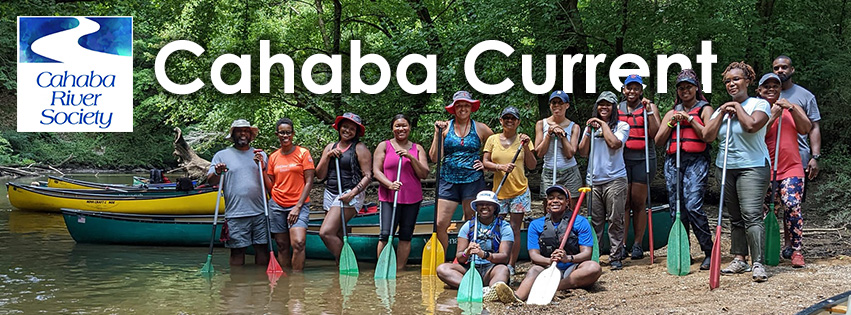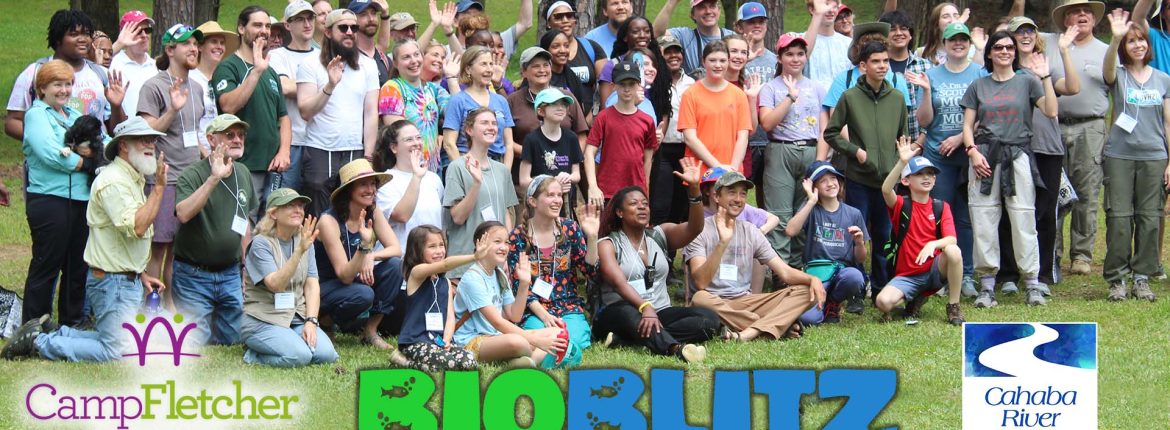The Covid-19 crisis is causing the most harm to minority and low income communities, exposing deep inequities in our society. One reason is lack of access to clean, affordable water.
Cahaba River Society was glad last week when Adam Johnston, Coordinator with Black Belt Citizens Fighting for Health and Justice, reached out for help finding water donations for Uniontown residents. This economically-disenfranchised Black Belt community is struggling with multiple environmental justice issues that degrade health, quality of life, and economic potential, such as a coal ash landfill and failing sewage treatment system.










